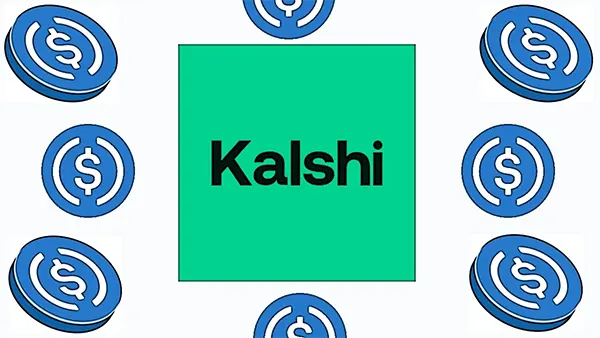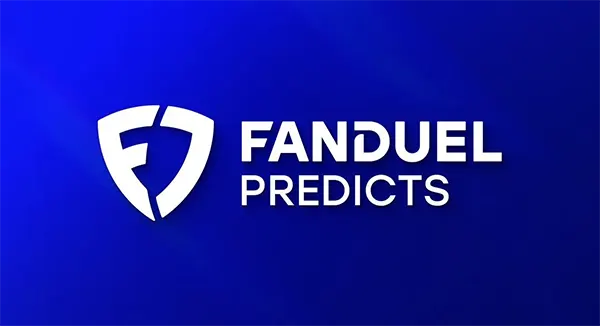Kalshi: A Revolutionary Platform for Event-Based Trading

Kalshi is reshaping the financial world by offering a regulated marketplace where individuals can trade on the outcomes of real-world events. Unlike traditional betting platforms, Kalshi operates under the supervision of the U.S. Commodity Futures Trading Commission (CFTC), positioning itself not as a gambling venue but as a unique exchange akin to financial derivatives trading. As of February 2025, the platform has gained momentum among traders, analysts, and businesses eager to hedge against or speculate on future events.
Understanding Kalshi’s Core Functionality
At its core, Kalshi allows users to buy contracts based on yes/no questions tied to specific outcomes. These contracts are priced between $0 and $1, with the value reflecting the perceived likelihood of an event occurring. If the event happens, holders of “Yes” contracts receive $1; if it doesn’t, “No” contract holders collect the payout. This mechanism creates a straightforward and efficient way to monetise predictions.
Kalshi’s event markets cover a wide array of topics: political decisions, economic indicators, public health trends, and even weather patterns. This diversity ensures that the platform remains relevant to a broad range of users, from casual speculators to risk management professionals.
The regulatory clarity provided by the CFTC distinguishes Kalshi from prediction markets like PredictIt, which have faced ongoing legal ambiguity. Kalshi’s status as a regulated Designated Contract Market (DCM) provides security and transparency, drawing institutional attention as well as individual interest.
How Kalshi Benefits Traders and Businesses
Kalshi offers a new financial tool for individuals and institutions to hedge real-world risks. For instance, a logistics company concerned about port closures due to labour strikes can take positions in Kalshi markets tied to labour negotiations. This allows for strategic preparation and potential cost offsetting.
Similarly, financial analysts can use Kalshi to test the market sentiment on anticipated Fed rate hikes, GDP reports, or inflation data releases. This provides insights beyond conventional indicators, enabling sharper predictions and more confident trading decisions in other markets.
Kalshi also empowers individuals to act on their beliefs in a quantifiable way, enabling participation in important societal developments. This reinforces engagement with public affairs while providing economic utility—a balance few platforms manage to achieve.
Kalshi’s Growth and Regulatory Journey
Since its launch, Kalshi has steadily expanded its reach, supported by several rounds of investment and strategic backing. In 2024, it raised over $30 million in new funding to accelerate growth and build out its technology infrastructure. By early 2025, the platform had exceeded 1 million traded contracts per month.
One of the major milestones for Kalshi came with its CFTC approval for additional event categories. Although its initial application to launch political event contracts (e.g., presidential election outcomes) was rejected in late 2023, Kalshi continues to push for policy innovation through ongoing discussions with regulators.
The platform’s transparency in governance and collaboration with oversight bodies has solidified its reputation in an industry often plagued by legal grey zones. This reputation has helped attract not only speculative users but also institutional partners interested in structured event risk management.
Challenges and Competitive Landscape
Despite its innovation, Kalshi faces challenges. The distinction between event-based trading and gambling is still not widely understood among the public, which could affect adoption rates. The legal rejection of political contract trading has also constrained one of the most popular event categories.
Kalshi competes with decentralised platforms like Polymarket, which operate on blockchain and cater to a global audience. However, those competitors often lack regulatory compliance, making Kalshi the preferred choice for users concerned with legitimacy and legal protection.
The success of Kalshi hinges on its ability to balance accessibility with compliance. As more users explore predictive markets for risk assessment and information gathering, Kalshi’s role as a credible marketplace becomes increasingly important.

The Future of Event Trading on Kalshi
Looking ahead, Kalshi plans to introduce new contract categories linked to business and consumer sentiment, climate events, and tech industry developments. These markets aim to bridge the gap between abstract forecasts and financial action, offering value to sectors currently underserved by traditional hedging tools.
The company also continues investing in user education, aiming to demystify how event-based contracts work and their potential role in modern portfolio management. Through webinars, learning hubs, and strategic media partnerships, Kalshi is creating an informed user base.
In the long term, Kalshi’s model could reshape how individuals and organisations interact with uncertainty. If successful, it may become a staple in financial planning, policymaking, and economic forecasting, reflecting a paradigm shift in how society approaches predictive information.
Conclusion: A New Frontier in Financial Innovation
Kalshi is not just a platform—it represents a reimagining of how financial markets can interact with real-life outcomes. Its innovative contract model, regulatory grounding, and expanding scope make it a compelling proposition for 2025 and beyond.
While challenges remain, its ability to offer a legitimate space for speculation, hedging, and information aggregation ensures relevance in a world increasingly shaped by data-driven decisions. For those navigating volatility, Kalshi provides a unique instrument to prepare and profit responsibly.
As awareness grows and event trading becomes more mainstream, Kalshi stands poised to redefine public engagement with markets, creating a bridge between everyday events and financial strategies that matter.





